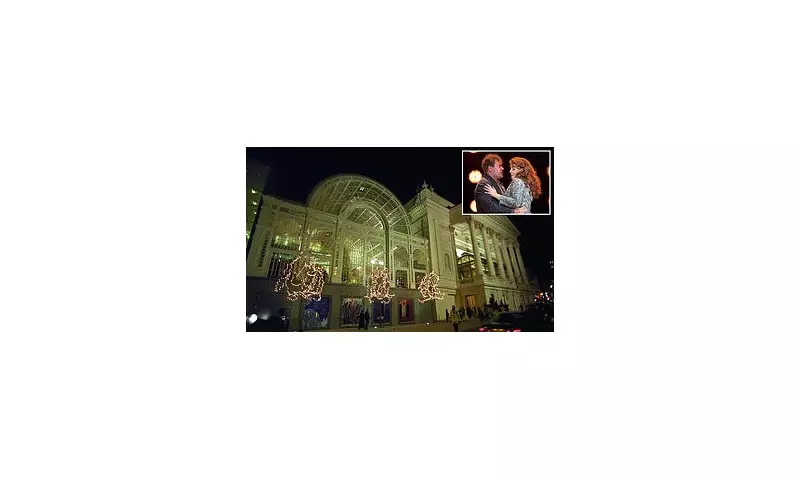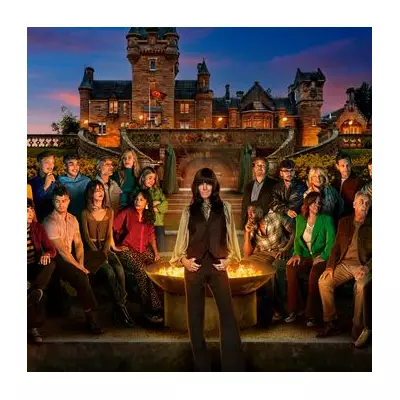
A storm of boos and cheers erupted at London's prestigious Royal Opera House this week following a radically reimagined production of Giacomo Puccini's beloved opera, Tosca. The new interpretation, set in a stark, modern world instead of 1800s Rome, has cleaved audiences and critics into fiercely divided camps, sparking a fiery debate on the modernisation of classic art.
Gone are the traditional ecclesiastical splendour and Napoleonic-era costumes. In their place, director Christof Loy presents a bleak, minimalist set—a bare, grey-walled room that serves for all three acts. The narrative itself has been overhauled; the titular heroine is no longer a celebrated diva but a vulnerable, camera-wielding member of a female resistance movement, while the villainous Scarpia is a suave, modern security chief.
A Divisive Night at the Theatre
The premiere was met with a cacophony of conflicting reactions. While some applauded the innovative and politically charged approach, a significant portion of the audience made their displeasure known with loud boos during the curtain call. This visceral response highlights the deep tension between preserving traditional opera staging and injecting contemporary 'woke' narratives into historical works.
Critics and Defenders Weigh In
Traditionalists have lambasted the production as a needless and jarring distortion of a classic. Critics argue that stripping away the original context dilutes the opera's dramatic power and emotional resonance. They contend that the drab sets and confusing symbolism fail to serve Puccini's passionate score.
Conversely, defenders praise the production for its boldness and relevance. They argue that recontextualising the story of a woman fighting against oppressive power structures speaks powerfully to a modern audience, finding new depth in the timeless themes of abuse, resistance, and sacrifice.
Despite the vocal criticism, the musical performance itself received widespread acclaim. The vocal prowess of the lead singers was hailed as 'superb' and 'magnificent,' a testament to the enduring quality of the Royal Opera's company, even amidst directorial controversy.
The uproar surrounding this Tosca underscores a broader culture war within the arts. As major institutions like the ROH strive to attract new and younger audiences, they are increasingly faced with a critical question: how far can they push creative boundaries before alienating their traditional core supporters? This production has firmly placed Covent Garden at the centre of that debate.





